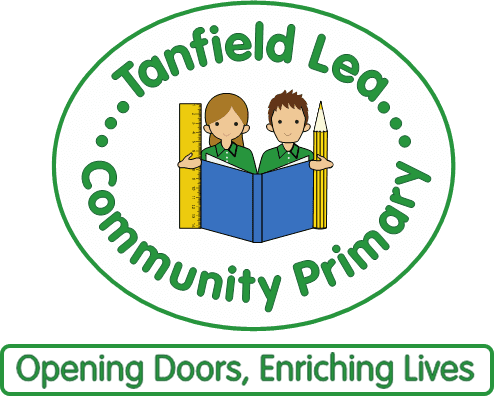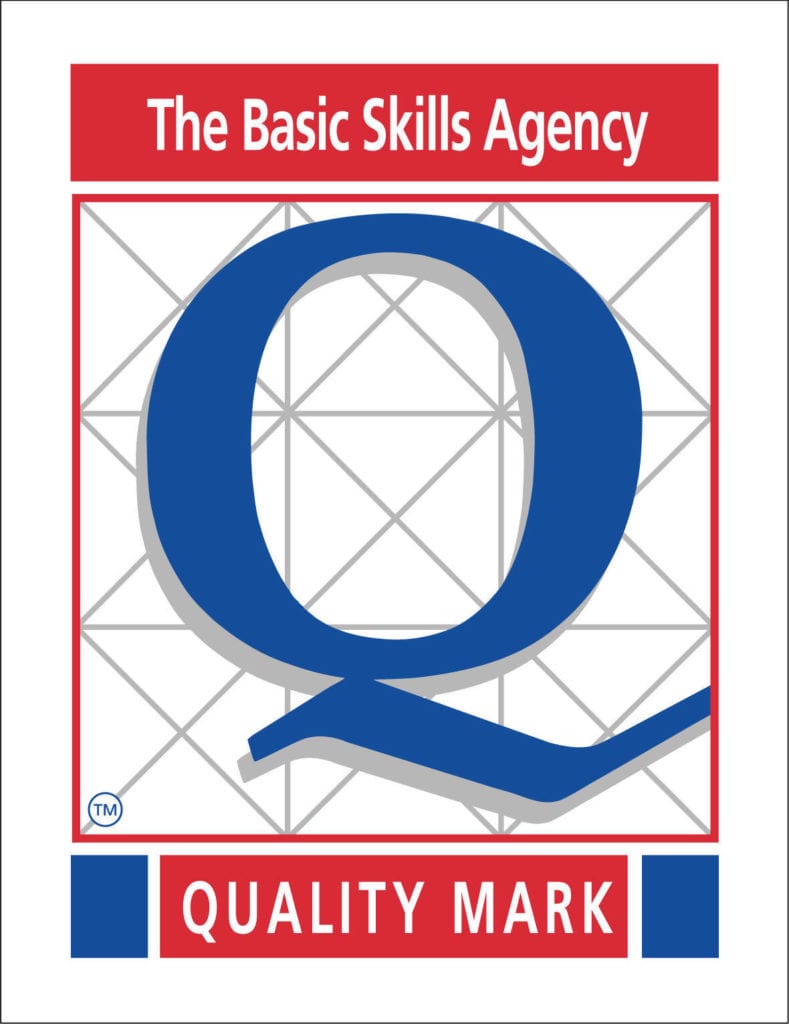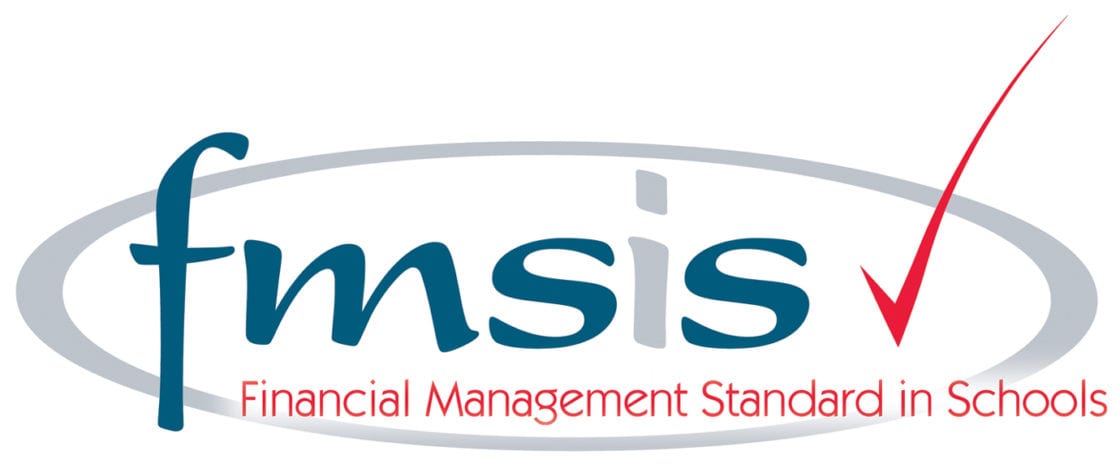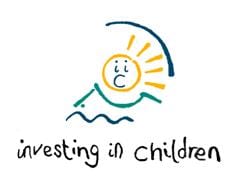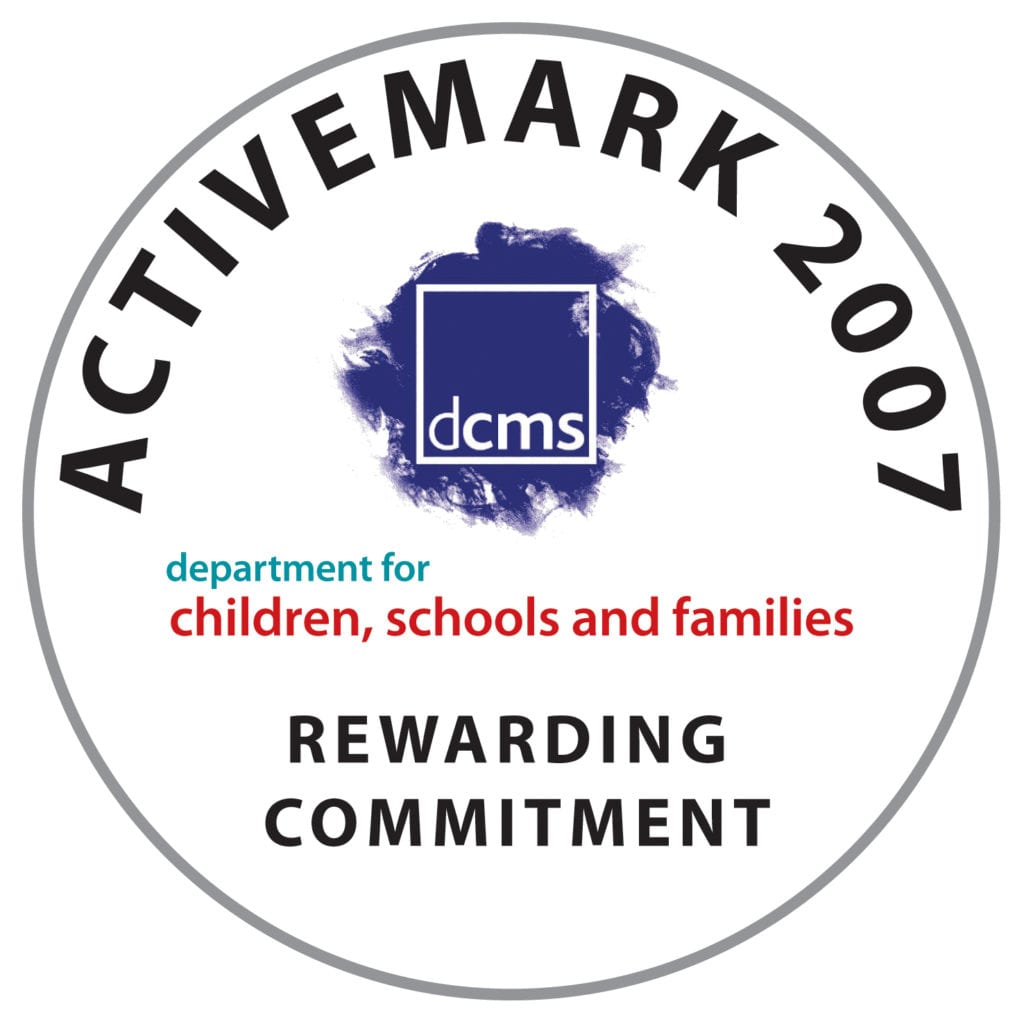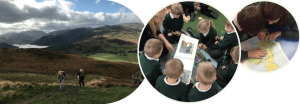
At Tanfield Lea Community Primary School we believe that Geography helps to develop enquiry skills while providing answers to questions about the natural and human aspects of the world. Our children are encouraged to develop a greater interest, understanding and knowledge of their locality, the wider world, as well as their individual place in it.
In our school, the curriculum is designed to develop Geographical knowledge and skills that are progressive, as well as transferable and cross-curricular.
We believe we are preparing our children to study Geography to a high standard, including University and learning Geography well allows children to realise career goals such as those within journalism, weather forecasting, landscaping, logistics, emergency services and even volcano vlogging.
We want our children to be confident in their knowledge of our immediate locality and the surrounding regions as this enables our children understand their learning in context. We want our children to have geographical knowledge of the U.K and develop a solid understanding of the wider world so that they are able to name and locate the world’s continents, the oceans and specific countries such as Australia, the Caribbean, Egypt and Brazil. We also expect that our children develop a greater understanding of geographical terms such as human and physical features, climate zones and biomes, topography and geographical similarities and differences so they can make comparisons between contrasting areas of the world.
The key terms of Geography are developed from EYFS to KS2, with locational knowledge and understanding, map skills, human and physical features, similarity and difference being recurrent themes. Likewise, key geographical vocabulary introduced at the earliest age is revisited, repeated, consolidated, embedded and developed as our children move through the school.
Geography units are studied in half-termly blocks across each year group throughout the school. Topics are organised progressively and teachers plan creative lessons which inspire and engage our children while differentiation and scaffolding is provided to ensure that lessons are accessible to all.
The topic opener sheet sets the unit within a wider geographical context and themes. This is used to explicitly teach the children the key vocabulary, geographical context and themes from that unit. This key information forms the backbone of the unit’s focus. It also informs the teacher about children’s prior knowledge and allows children to demonstrate newly acquired knowledge and skills throughout a unit.
As children often start the school with mixed experiences, the curriculum is enriched by cultural capital experiences such as walks within the local area, farm trips, visiting the local church, visits to Kirkley Hall Zoo, Beamish Museum. Years 5 and 6 have opportunities to attend residential trips to Grinton Lodge (Yorkshire Dales) and Howtown (Lake District), which give opportunities for our children to develop independence.
The subject coordinator evaluates if children are working at the required standard via work scrutinies, lesson observations and discussion with colleagues.
In order that children are prepared for the next step in their education, the subject coordinator has developed the school’s Geography Progression map (see below) and has also attended termly Geography network meetings and received feedback from the County Geography advisor to ensure that the topics taught are relevant, exciting and meaningful and has also supported teachers in their planning and resourcing of topics.
Subject Area Progression Map
Geography Curriculum Progression Document
Adobe Reader
You may need a product like Adobe Reader (free download) to view our PDF documents on our website.
